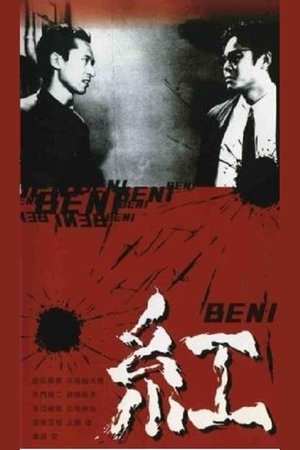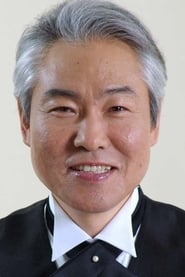Movie: Beni
Top 10 Billed Cast
Saki
Masahiro
Shinji
Kaori
Kamioka
Akira
Kaneda
Similar Movies
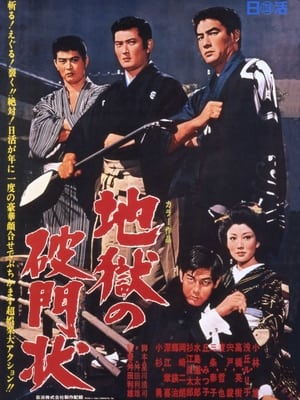 0.0
0.0Exiled to Hell(ja)
It is the end of the Taisho era (1912-1926), and at the Hanazuki-tei theatre in Asakusa, the famous performance of storyteller Koiso Kikuji and performer Kataoka Koshin is reaching its climax when the Tawaraya family interferes... This is an entertaining action film bursting with righteousness and humanity, centred on men who try to live righteously against a corrupt boss who preys on the performers.
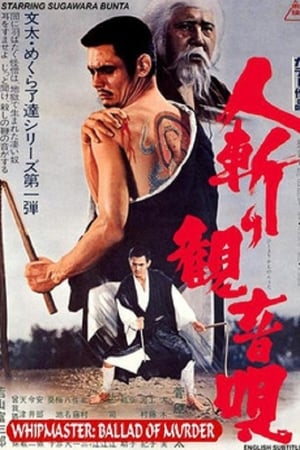 6.5
6.5Whipmaster: Ballad of Murder(ja)
Ryotatsu, the wayward Priest blinded by Shinkai, the Wicked Priest, has his own story in this ultra-violent tale from the era of the Meiji Reconstruction. When a woman leaves her blind son at the Monastery, Ryotatsu is forced to teach the boy how to cope as a blind person in old Japan. When he takes the child with him on the road to find the boy's mother, they run afoul of not only yakuza gangsters, but some corrupt army officers have been trying to sway public opinion against the Satsuma rebels by posing as members of Saigo Takamori's group. It's a bloody mistake for them to underestimate the strength of the Blind Priest, and he'll make them pay with their lives!
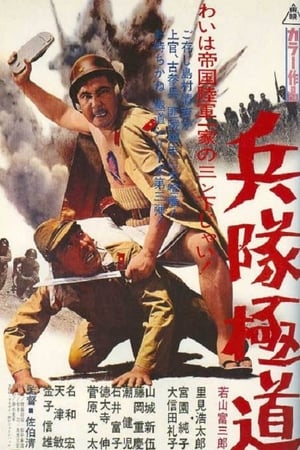 5.0
5.0Enlisted Yakuza(ja)
It is the third film in the Gokudo series. In this episode, set in 1937, the main character of the series gang leader Shimamura is drafted into the military and fight in China.
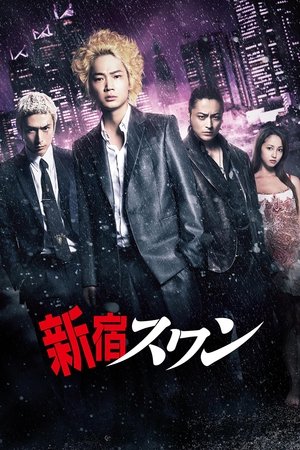 5.6
5.6Shinjuku Swan(ja)
Shiratori Tatsuhiko works as a scout for Burst, a talent agency in Kabukichō, Shinjuku's red light district. In a business where money means everything Tatsuhiko finds himself in a constant struggle between rival talent scouts and the yakuza.
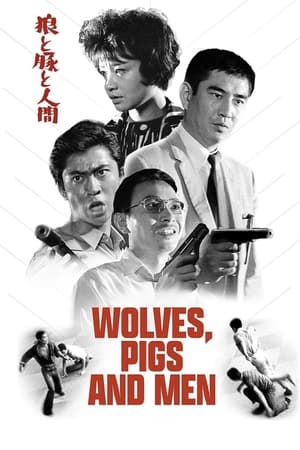 8.1
8.1Wolves, Pigs & Men(ja)
Sabu and his pals hold a pauper's funeral for Sabu's mother. His brother Jiro arrives home, fresh out of jail, and Sabu pointedly states that Jiro is not invited. Jiro meanwhile is planning a big job - steal 40 million in cash and drugs, and he invites Sabu and gang to act as decoys, for 50,000 each. The sting is a success, but the double-crossing starts almost immediately. Sabu discovers how little of the take they were promised and hides the stash. Jiro and his slimy partner pressure the kids to fess up. Meanwhile, their respectable elder brother Ichiro is being leaned on by the town's big boss, whose money it was.
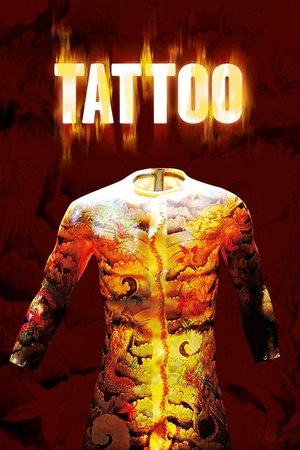 6.1
6.1Tattoo(de)
Marc Schrader, a rookie cop caught red-handed with drugs in a police raid of an illegal rave, joins a homicide investigation conducted by Chief Inspector Minks. The victim is a naked young woman with the skin stripped off her back, killed as she staggered into traffic. As Schrader and Minks investigate the murder, the case is complicated by a finger found in the stomach of the victim. Forensic examination proves the finger belongs to Nobert Günzel, who was previously convicted of rape and assault. The police raid Günzel’s residence, and discover a blood-stained table with restraints and bits of human flesh in his basement. They also find video equipment and preserved, tattooed skin from the victim’s back. Soon, they found dead bodies buried in the garden. Günzel then goes missing.
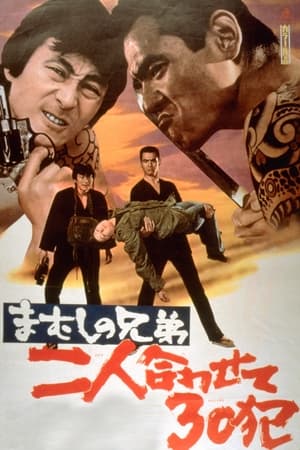 0.0
0.0The Viper Brothers: Up on 30 Charges(ja)
Part 7 in a long running (8+1 films) action/comedy/melodrama series about a pair of short tempered, amoral, but not evil chinpira (Bunta Sugawara and Tamio Kawachi) thinking too big of themselves. Katsuji finds his long lost mother, who is a rich lady of a respectable family. Comedy and melodrama ensue. A thrilling spectacle with an overly violent ending, and a remarkable, Japan's only post-prison rape comedy, Masa is determined to have sex with the female guard, despite the fact that there is a bar between them. Michi Azuma (topless swordswoman from Lone Wolf and Cub: Baby Cart in Peril) plays a tomboy who wants to join her brothers.
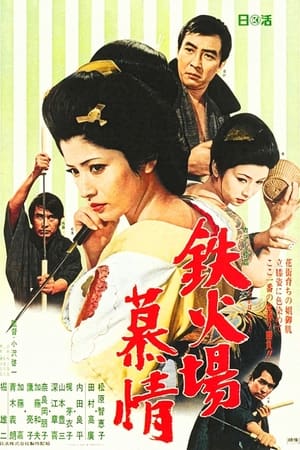 0.0
0.0Gambling Den Desire(ja)
In a small town on the Kasumigaura coast in the early Showa period, the Masukawa clan from Tokyo is trying to take away the interests of the local Isetoku family. Setsuko, the adopted daughter of the Isetoku family, falls in love with Seijiro, a travelling raven she meets on a whim. However, Koide, a businessman connected to the Masukawa clan, wants Setsuko to become his mistress... Setsuko puts aside her love and her regrets and bets on the greatest female challenge of her life!
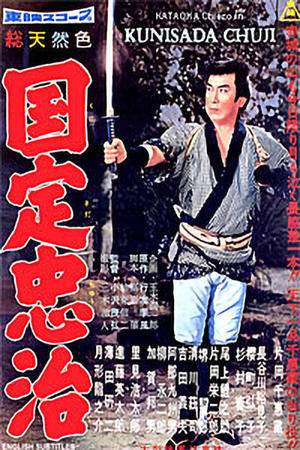 5.2
5.2Kunisada Chuji(ja)
Kunisada Chuji is a common folk hero who looks out for poor people in the country who are at the mercy of corrupt officials. Intent on fulfilling a dying wish from one of his henchmen, Asataro, to find a decent home for his young nephew, Chuji descends from his hide-out in the mountain, and heads to the city in spite of numerous dangers that await him there.
 0.0
0.0Blue Sky(ja)
A road movie about three persons traveling in a campervan on their way to Tokyo, Hamamatsu, and Kyoto. The film is based on the story of the heroine, a young girl named Momo, who was a member of the "21 Faces of Kaijin" gang involved in the Glico Morinaga Incident, and the film's ideas are remarkable, including the use of a tape recording of the actual incident.
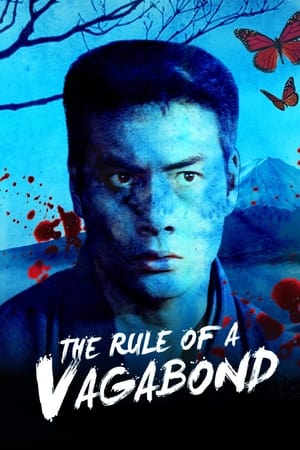 0.0
0.0The Rule for a Vagabond(en)
A brave warrior fights to restore peace to a town riddled by crime, one sword at a time, in this historical action saga.
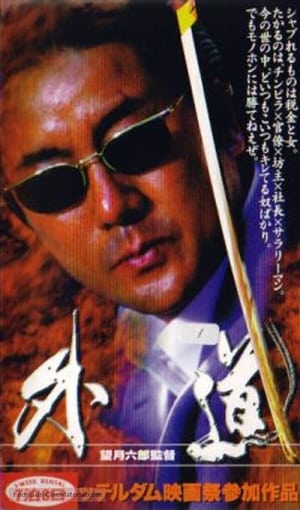 6.0
6.0The Outer Way(ja)
The cop Himuro is picked as scapegoat by his superiors because of their own involvement in sokaiya gangster practices.
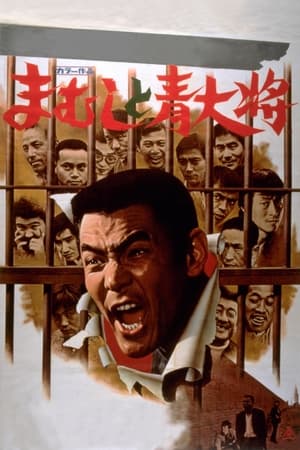 0.0
0.0The Viper Brothers and the Young General(ja)
The last in the series. Sugawara runs into two mahjong cheaters (Ichiro Araki and Mako Midori + sidekick Takuzo Kawatani) whom he takes for friends in need as his naivety prevents him from seeing their true nature.
 6.1
6.1Double Mints(ja)
Mitsuo Ichikawa reconnects with his former schoolmate and mentor, only to discover he's a thug and a murderer. Instead of distancing themselves, they forge a new alliance.
 7.7
7.7Fireworks(ja)
Beleaguered police detective Nishi takes desperate measures to try and set things right in a world gone wrong. With his wife suffering from leukemia and his business partner paralyzed from a brutal gangster attack, Nishi borrows from a yakuza loan shark and then robs a bank to clear his debt.
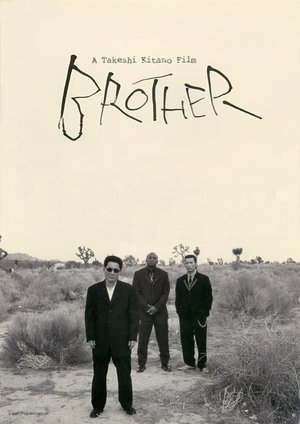 7.1
7.1Brother(ja)
A Japanese Yakuza gangster's deadly existence in his homeland gets him exiled to Los Angeles, where he is taken in by his little brother and his brother's gang.
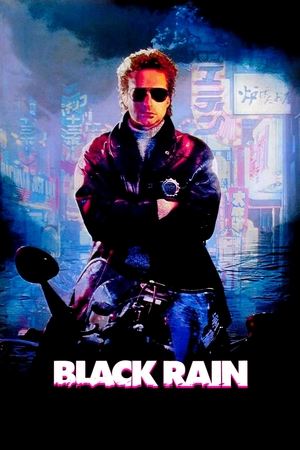 6.6
6.6Black Rain(en)
Two New York cops get involved in a gang war between members of the Yakuza, the Japanese Mafia. They arrest one of their killers and are ordered to escort him back to Japan. However, in Japan he manages to escape, and as they try to track him down, they get deeper and deeper into the Japanese Mafia scene and they have to learn that they can only win by playing the game—the Japanese way.
 7.3
7.3Gray Wall Gear(ja)
The stage of this work is Saitama, a suburb of Tokyo in the early Heisei period. Immediately after the bubble burst gangster countermeasures law, there were gangsters who defended the last territory and young people who freely controlled the city. The youth conflict escalated day by day and became a force that surpassed the yakuza, and the runaways were sent to juvenile prisons one after another, where exclusive rules awaited.
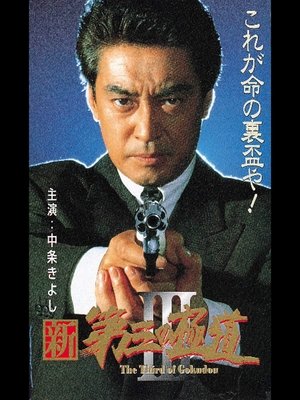 0.0
0.0New Third Gangster III(ja)
The Shineikai, headed by Goro Numata, was doing his best in partnership with the Taiwan Mafia. In order to suppress the runaway, Reiniro Masaki, the second chairman of the Wuxia Association, stands up with the men in the back cup.

